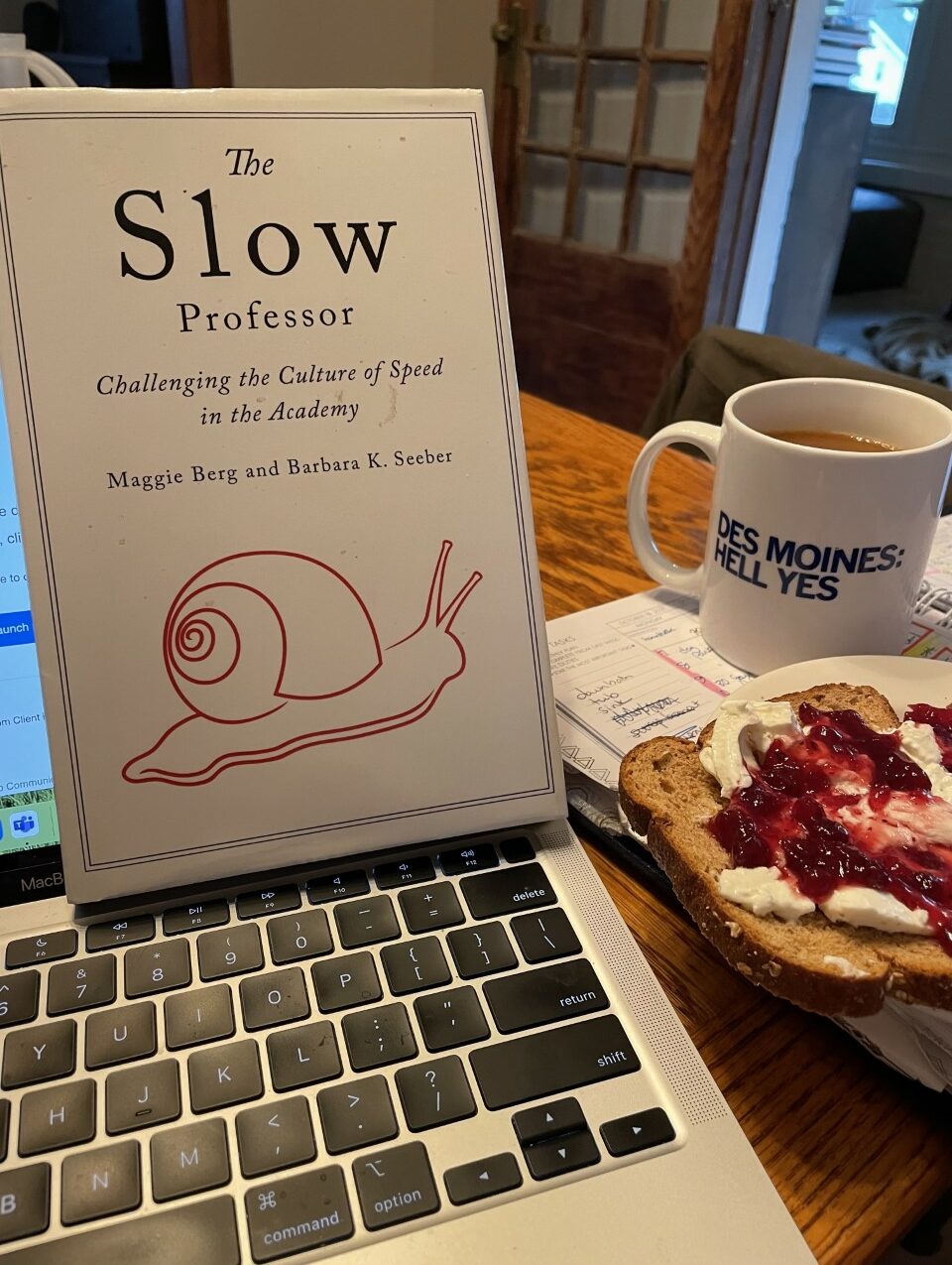The Global Citizen Forum planning committee invites your participation in enhancing our understanding and awareness of changemaking. Simply put, a changemaker is anyone who takes creative action to problem solve societal issues and works toward solutions for the good of all. Practicing changemaking is something that everyone can do.
On the afternoon of March 3, 2022, we will gather to celebrate the Every Bulldog a Changemaker initiative that is highlighted in The Ones campaign launched Oct. 28. This gathering will leverage a fast-paced visual storytelling format known as PechaKucha.
Our goals for this gathering are to:
- Create awareness of the changemaking initiatives happening across campus
- Demonstrate the interdisciplinarity of changemaking by highlighting initiatives with the private, public, and non-profit sectors (or across sectors)
- Provide a forum for networking, community building, and the exchange of innovative ideas
- Celebrate the good work of Drake faculty, staff and community partners
- Inspire action and connection to the resources to make it happen!
Call for Presenters:
We seek proposals from a wide range of contexts that speak to the Global Citizen Forum theme Everyone a Changemaker: Perspectives across disciplines. Presenters may highlight current or past initiatives, feature course projects, personal scholarship, or community partnerships that are yielding changemmaking opportunities for students. Presentations that focus on challenges and opportunities in the private, public and non-profit sectors (or across sectors) are all welcome. Selected presenters will each receive $75 honorarium for participating and the chance at a $250 grand prize!
What is PechaKucha?
Pronounced pe-cha ku-cha, with equal stress on each of the four syllables, is a Japanese presentation format that incorporates up to 20 images that are shown for 20 seconds each, totaling a six-minute 40-second presentation. This visual storytelling format keeps presentations concise and the audience engaged. Presenters will receive a power-point template and need to submit their slide deck a week in advance of the gathering.
Abstracts are due December 10, 2021. To submit a proposal, visit drake.edu/globalcitizenforum. Presenters will be selected and notified by January 2022.
The Global Citizen Forum is a series of events focused on themes of global importance that takes place in March each year. The Forum is part of Drake’s overall Engaged Citizen Experience (ECE).
— Renee Sedlacek Lee, Community Engaged Learning

